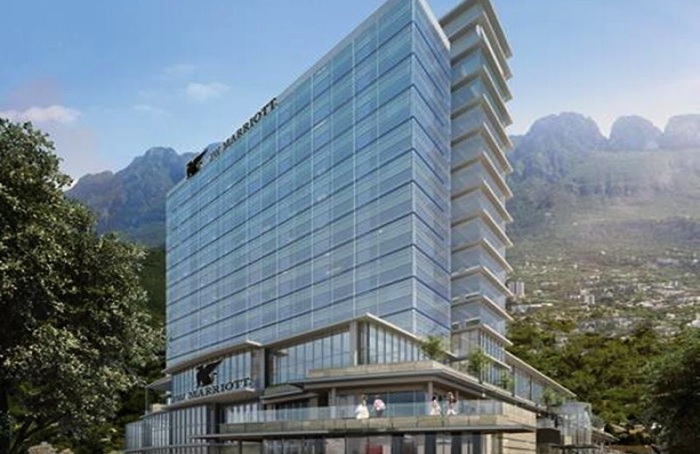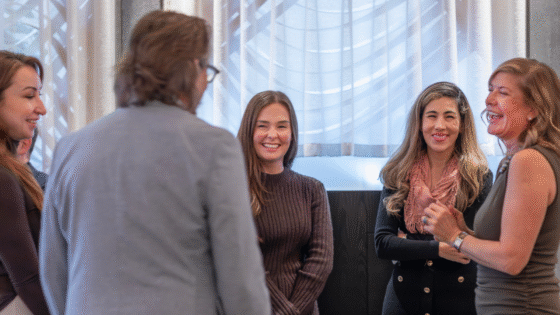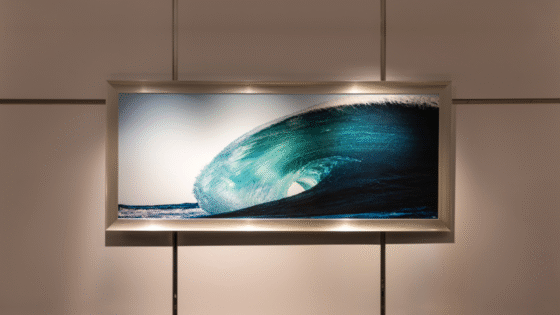While the newest generation of travelers – the oft written about ‘millennials’ – may not yet have the discretionary spending muscle of Gen Xers and Boomers, they are having a decidedly pronounced impact on the evolution of the branded hotel space. Unique experiences, lifestyle, design, and authenticity rule the day now. Does that sound the death knell of the branded hotel?
Vaunted brand names like Marriott, Starwood, Hilton, and Hyatt have given way to Andaz, Aloft, Curio, Canopy, and Moxy. Despite sounding oxymoronic, the terms “consistent,” “dependable,” and “predictable” (read: cookie-cutter) at one time were unique selling propositions. Now those descriptors have become toxic. Driven by the evolving demands of a younger, hipper, better educated and tech savvy consumer, terms like chic, unique, customised, curated, and personalized are what differentiate the hospitality product these days. Across the full spectrum of the hospitality sector – design, brand marketing, packaging, and promotion – if you want to get the attention of today’s traveler, you have to answer their question: “What have you got for ME?”
Hospitality companies are being challenged to offer unique, experiential, local, and authentic while maintaining the efficiencies their shareholders expect. The enforced uniformity of the major hotel companies was part of a larger business strategy that worked well for previous generations of travelers. Consumers liked uniformity and reliability, and so did the hotel companies’ bottom lines. Predictable amenities, features, furnishings, and layouts were appealing to both the guest and the hotel company CFO. Now, however, there is real pressure to carve out a distinct and authentic brand promise, while maintaining the efficiencies and economies of scale. And is that not an inherent conflict…the ‘commoditisation’ of unique?
As the shape of the bell curve changes, with the lifestyle/boutique properties moving from the fringe to the mainstream, are they in danger of becoming the mass-market hotel of the future? And will the Millennialsbegin to eschew the very movement they were responsible for driving in the first place? Ask brands like American Eagle, Abercrombie & Fitch, and Gap that are reeling from the Millennials’ desire to express themselves as their own brand, rather than serve as ambassadors for someone else’s.
Whether the traveler wants to stay independent, seek the remarkably uncommon, or enjoy an unforgettable stay, hotels now more than ever need to figure out how to realistically serve this very demanding segment. Can smaller lifestyle brands keep up with the standards and scalability of the large brands? We’re at an inflection point where established norms of hospitality marketing and operations are on a collision course with Millennials’ preferences, behaviors, and attitudes.
Kerry brings proven leadership, client relationship management, and business development skills to MMGY’s Orlando office. He is an experienced marketer, entrepreneur, and innovator with deep travel industry connections and over 20 years of success connecting buyers and sellers in the travel arena. MMGY Global, the leading integrated travel and hospitality marketing firm in the USA.





